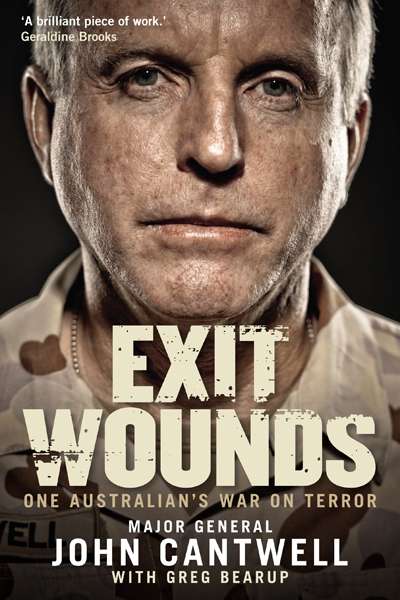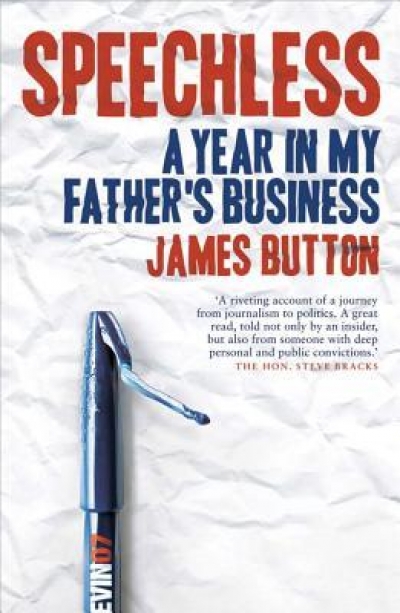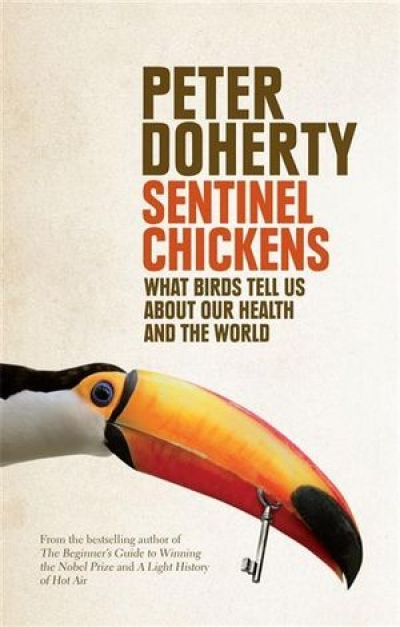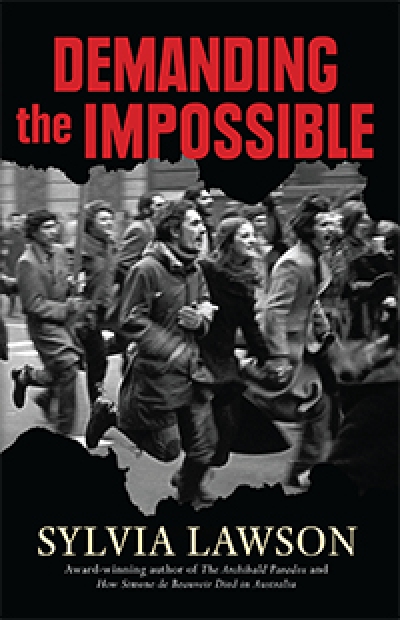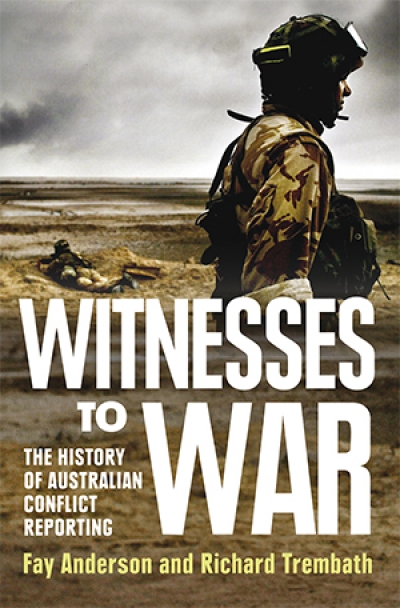Melbourne University Press
Exit Wounds: One Australian’s War on Terror by John Cantwell with Greg Bearup
by Nick Hordern •
Tales from the Political Trenches by Maxine McKew
by Jane Goodall •
Sentinel Chickens: What Birds Tell Us about Our Health and the World by Peter Doherty
by Peter Menkhorst •
Left Turn: Political Essays for the New Left edited by Antony Lowenstein and Jeff Sparrow
by Ben Eltham •
Demanding the Impossible: Seven Essays on Resistance by Sylvia Lawson
by Judith Armstrong •
The Sweet Spot: How Australia Made Its Own Luck – And Could Now Throw It All Away by Peter Hartcher & The Fog On The Hill: How NSW Labor lost its way by Frank Sartor
by Joel Deane •
Witnesses to War: The History of Australian Conflict Reporting by Fay Anderson and Richard Trembath
by Jill Jolliffe •

